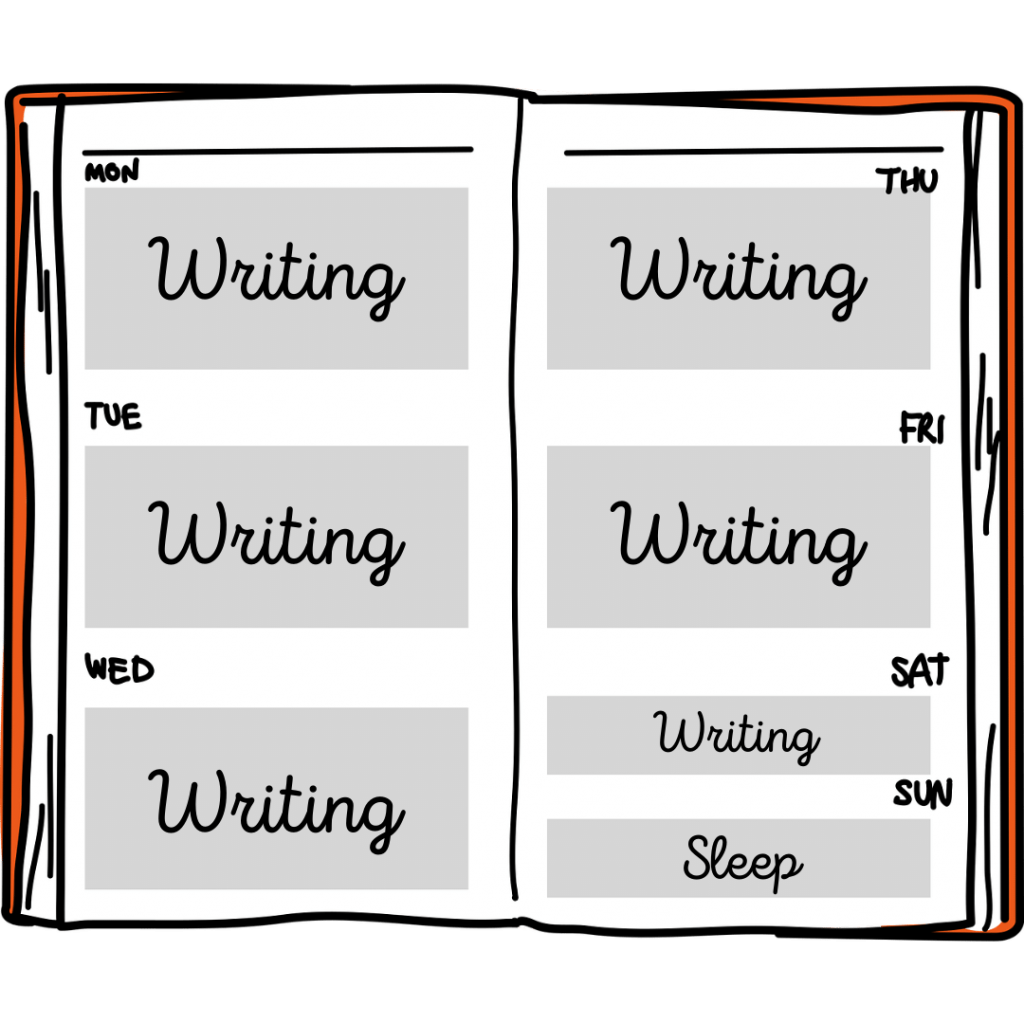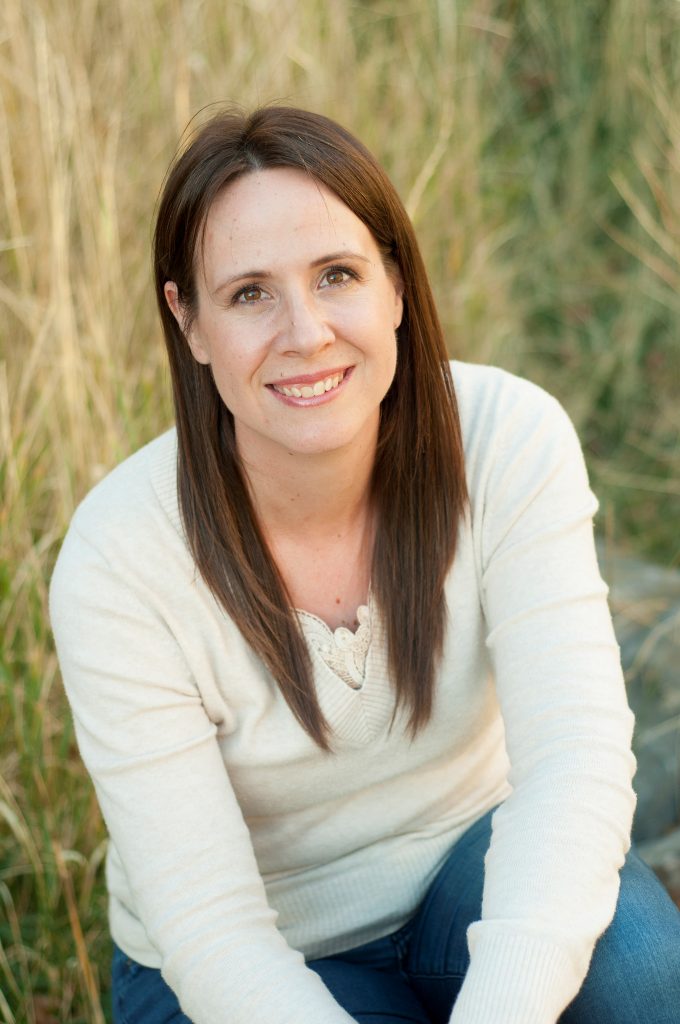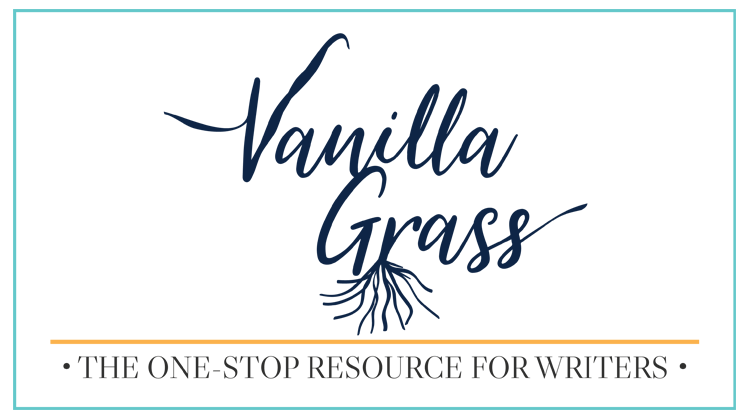Thanks for stopping by. Today we’re thrilled to showcase this guest post from the lovely writing sherpa Janelle Youngstrom on Creating Effective Writing Goals.
- Do you want to complete a novel this year?
- Maybe you want to pick up your dream agent?
- Get your book published with a big publishing house?
Those are some lofty dreams, though only one of those is actually a GOOD goal.
Not to say that your dreams aren’t important–you need to have dreams. And dreaming big is the only way to go. All three of these can be defined as goals, but goals–good goals–are not the same thing as dreams, as you will notice. And having a good goal, not only helps you achieve your dreams, it also helps you remain in a positive and productive mindset as you move forward.
Let us turn to every writer’s favorite book: the Dictionary.
Goal: the result or achievement toward which effort is directed; aim; end.
While this is true, a good goal, as we are defining it today, is something that is definable and actionable as well–meaning you can control the action you put into achieving your end result and actually accomplish what you are aiming for.
Using this definition, look at the goals above. Can you guess which one is the good goal? Answer: Complete a novel this year.

Why is this a good goal?
It’s definable. You need a certain word count to complete a novel. This will give you a number to work with. Yes, even writers need to use math sometimes.
Typically, novels break down like so:
Middle Grade: 40,000-69,000 words
Young Adult: 50,000-80,000 words
Adult: 80,000-100,000 words
These numbers may seem a little intimidating, especially if you’re not great with your maths. But if we break it down over the year, you’ll see that this goal is quite do-able.
Before we break down all of the numbers, let’s define your goal a little bit more. Let’s pretend you know what kind of novel you’re going to write (I’m hoping this won’t take too much imagination). For example, instead of saying “I want to write a novel,” we’ll change it to, “I want to write a Middle Grade novel this year.”
Knowing that: it’s actionable.
This is the work I need to do to accomplish my goal:
Write 50,000 words in the year.
Which means approx. 4,200 words in a month.
Which breaks down to 1,042 words per week.
How long does it typically take you to write 1,000 words?
Do an experiment and time yourself.
For me? It takes about an hour. For those of you that are faster at typing, thinking, and story in general, it will be faster. And if you’re slower, likewise (you also may want to consider setting some other goals in those areas if that’s the case. Vanilla Grass is full of great tips and articles like knowing when you’re ready to submit and tips on improving your writing, but we’re focusing on where you are now when setting this current goal).
So for me–to write a novel in a year, I’ll need to spend about an hour a week working on my writing.
My writing time is sparse because (among many, many other things) my five children and my awesome husband love spending time with me. Which I’m not complaining about, it’s just something to keep in mind when planning my time. Between all of that, I only have about 15 min a day to work on my writing. Which means I will be spending time writing my novel four days a week.
I hear you shouting in your head at me.

“But writing isn’t as easy as all of that! There is plotting, problem-solving, and layers upon layers of work to do.” If you want to create a publishable novel, you’ll need to change your computations. I will add that some people spend the entire month of November churning out a novel (NaNoWriMo=50,000 words in one month). I have done so myself a couple of times. So it is possible to lump the work in one chunk of time, but either way you will need to take into account the additional time it takes to brainstorm, make changes, and plot. If you do this when you initially break down your goal, it will be more likely that you will achieve your end result.
I personally would use the other three days of the week to add a cushion for brainstorming and so forth. If you have more time each day to put into your work, your deadline may change, or your novel may be more polished than mine at the end of the year, but the important thing is that we both set an achievable, definable, and actionable goal and by the end of the year, were able to complete that goal.
Give yourself some leeway.
Good goals aren’t all or nothing. They allow for days where you just can’t open the computer or put pen to paper. Hopefully, those days are few and far between, but they will be there–especially if Covid is still a thing. Missing one or two days of writing, won’t make or break your objective if you build in a degree of allowance. There is room to rededicate yourself. I like to add a 20-25% cushion.
The most important, and difficult part of achieving a goal is keeping a positive and productive mindset as you work.
Janelle Youngstrom
More often than not, when we don’t reach goals on a consistent basis it is difficult to continue onward. We lose faith in ourselves. Sometimes it can be really depressing or frustrating. We wonder, “How did I get myself into this scenario?” Typically there are three reasons:
Are you putting the outcome of your dreams into someone else’s hands?

In an industry like writing, the answer is inevitably: YES. We have to do just that. And rejection is a thing–not a little thing either. What is important is where we put our focus.
A goal like “get picked up by a great agent” isn’t a good goal, because it’s up to the other person. Your agent has to read your book, like it, have space for your work, and dedicate themselves to working with you long term. There are a lot of variables in there that you simply don’t have control over. Setting a goal for something in which someone else is running the show, typically ends in frustration.
Of course, you can increase your chances by writing a good novel that fits in the interests of the agent you want. But what you certainly can manage is how much education you get, how much you polish your story, researching query letters, and sending a certain amount of queries in a given timeframe. These are all great areas in which to set goals because you are still in the driver’s seat.
Are you letting other people govern your schedule?

I’m going to teach you an important skill. It’s called creating a boundary. Basically, it’s not allowing other people to control your schedule. This is the first skill that we need to build as writers, because other people infringing on our time takes away from what we are trying to accomplish. Other people are great and they are important, but you need to learn when you have people time and when you have writing time and how to keep those separate. You can get more information about this on my blog, but typically I like to schedule writing onto my calendar. Then I stick to it like I would any other type of appointment. Keep that appointment with yourself! It’s important for getting where you want to go!
Let’s be honest though, sometimes it’s our own productivity that is lacking.
Instead of kicking yourself for what you’re not doing, focus on the things you are doing. If you are writing, even if it’s just a little, that’s good! There is a point to The Tortoise and The Hare. If you keep going, you will make it eventually.
Of course, it’s important to reassess regularly based on your current productivity (it’s okay to be realistic). If you need to increase your daily writing goal for a week to pick up the slack, you can do that. Or maybe you can commit to NaNoWriMo in November and use your time now to brainstorm and plot the story. To help motivate yourself, grab an accountability partner, set up enticing rewards for reaching your end result, or take off the pressure by lengthening your deadline. Then celebrate every success, no matter how little.
Remember, every step forward is important, so keep going!
Do not give up! Set some good goals, focus on what you can control, and take into account the progress you are making. If you’re trying, you’re becoming a better writer, and that’s what’s most important. You can do this!
Want more information on time management? Here is another fantastic article and resource.
Janelle Youngstrom: BIO

Janelle Youngstrom learned her love of time management during her twenty year career as a Mary Kay Consultant and Sales Director. She graduated from Brigham Young University with a BA in Creative Writing and is a member of SCBWI. After switching her focus back to writing she has been the vice president of the Write Here in Ephraim Writer’s Conference, a workshop speaker, and is currently the manager of an online productivity writing group : Janelle’s Sherpa Services (JSS). She loves to schedule painting, baking, and writing children’s books around the time with her family of seven.




